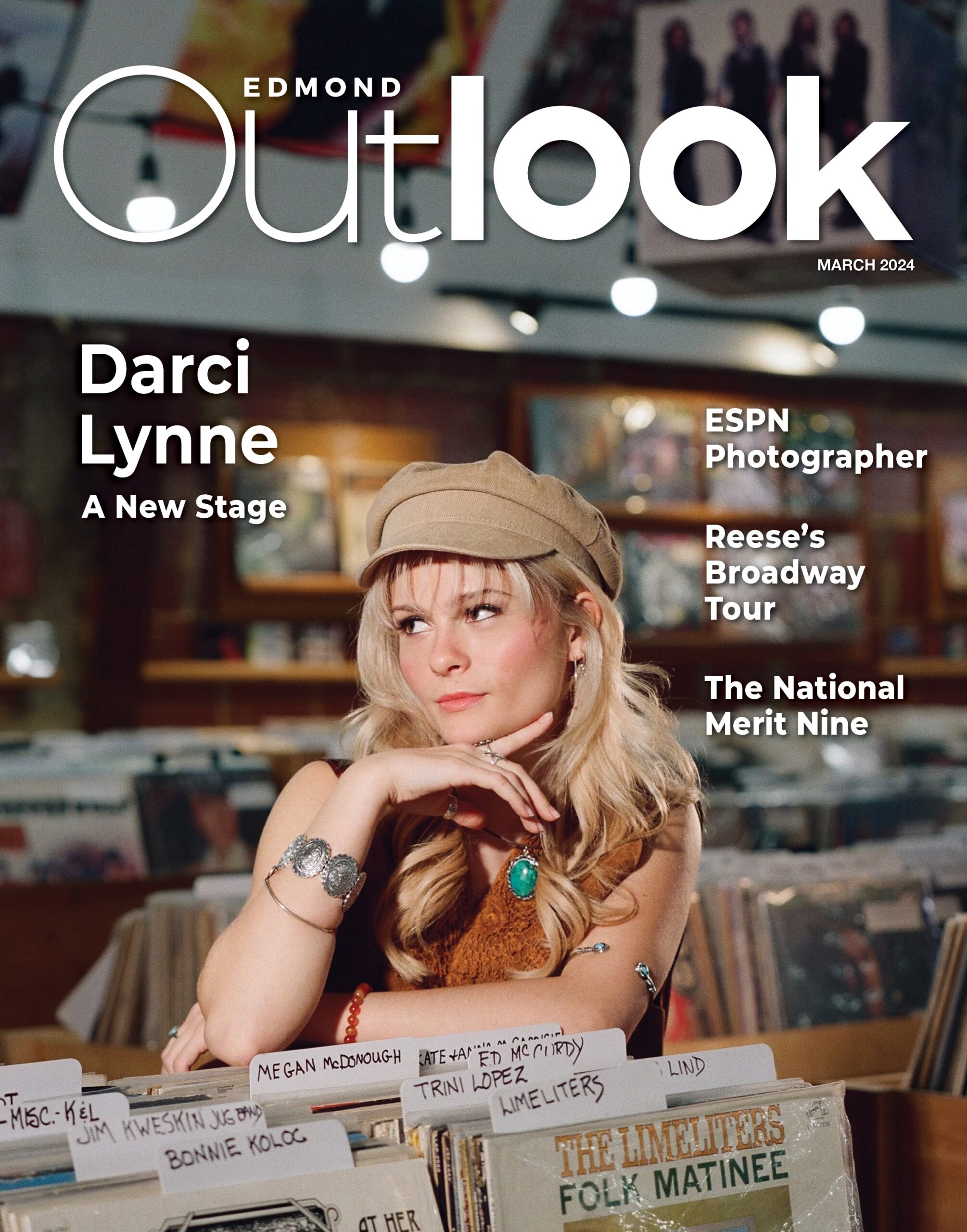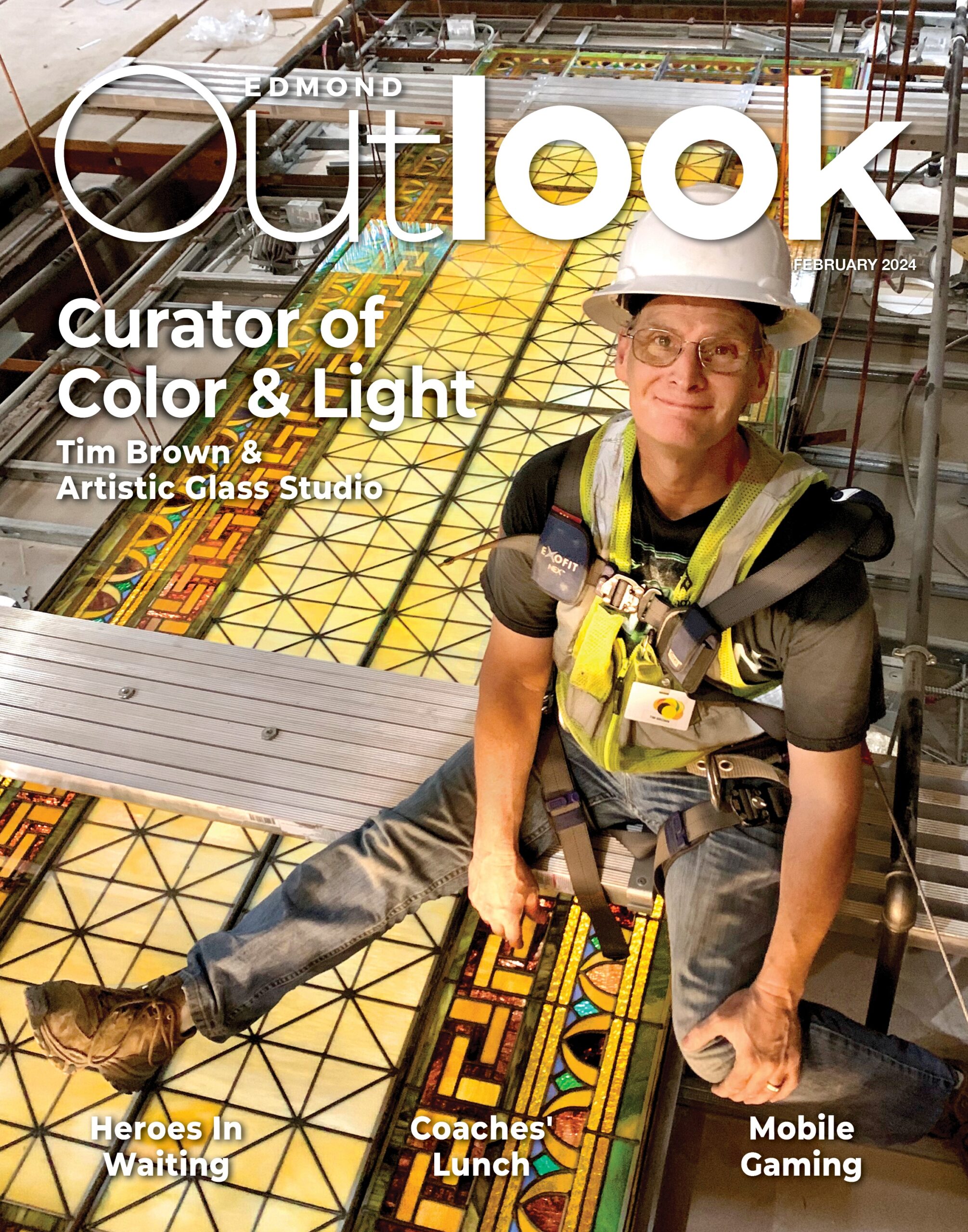H&W: Age is Just a Number
Searching for the much sought-after “fountain of youth” has exhausted the resources of countless pioneers in hopes of delaying the inevitable. Efforts have proven to be futile. Aging is an unavoidable fact of life that we all must face.
As we advance into older age, it’s essential to know what to expect out of our bodies. Researchers and doctors agree that even though genes play a significant role in a person’s overall health status, daily choices like diet, exercise and reducing stress are crucial factors in living a long and healthy life.
“The number one thing is to realize that your body is the framework, it is very much like a building,” says Edmond health educator Sherry Ross, owner of Sherry’s Drug. “If you don’t maintain the internal structure of the building, you age faster.”
The main reason for aging is the decreasing levels of different hormones in our bodies, Ross says. Men age slower than women as they continue to manufacture testosterone, even into their 80s. Women on the other hand, start loosing significant amounts of hormones, especially after menopause, and therefore age quicker.
Ross recommends testing hormonal levels in your 20s or 30s, rather than later in life. This gives a person a better idea of what their natural levels are, and some may even consider hormone replacement therapy.
Scientists have observed that a person’s cells age at different rates, and as a result they make a distinction between chronological and biological age. One of the best ways to positively impact your biological age is through diet.
Michele Menzel, doctor of naturopathy at Energetic Wellness, says to avoid refined, processed, dead or devitalized foods. White flour products, white sugar products (including artificial sweeteners), high fructose corn syrup, hydrogenated or partially hydrogenated oil and dairy products that have hormones and antibiotics should also be avoided.
“Whatever the condition is, you have to go back to what you put in your body,” says Dr. Menzel. A well-balanced body will have energy and vitality well into old age.
Another means to restoring the internal balance is to eliminate stress, Menzel says. “If we solve our problems, then we don’t bring the stress over to the next day.”
Dr. Kamla Knight, chiropractor at Knight Wellness says to take care of health issues as they occur, rather than at an older age when it’s more difficult. As metabolism slows down in the late 30s and 40s, the result is weight gain, which affects joints.
“Basically your health is really in your hands,” said Dr. Knight.
According to the World Health Organization (WHO), technology and science advances have increased life expectancy around the world. They estimate the 2 billion people who are 60 and older will be alive in 2050. Researchers say most of the disability associated with elderly adults is the consequence of preventable chronic diseases rather than aging itself.
Health promotion throughout the lifespan is essential to healthy development and affects all areas of the human body, including eyesight and hearing.
Other than age, hearing loss among people in their 60s and 70s often occurs from not using hearing protection at work. “In that generation, we have a lot of noise-induced loss because it was before there were guidelines in the work environment,” said Dr. Leslie Te, audiologist with Fine Hearing Care. “Wearing hearing aids can actually slow down the deterioration process.”
A short, loud sound, like a gunshot next to the ear, could be as damaging as prolonged noise from a concert that lasts several hours, Dr. Te says.
While loud noises will often impair hearing, overexposure to the sun can harm eyesight. Dr. Julie Moore with Premier Eye Care says people should be careful with the sun and always wear 100 percent UV protection glasses to prevent damage to the eyes.
Regular eye exercises are always a good idea, especially for people who spend a lot of time in front of computer screens. “Look at something that is 20 feet away every 20 minutes, for 20 seconds, and it relaxes the focusing system,” says Moore.
Even if you don’t have vision problems, Moore recommends yearly checks so diseases can be treated in their earliest stages.
“Aging is a slow process,” says Knight, “but we can really slow this process with the choices that we make on a daily basis.”



